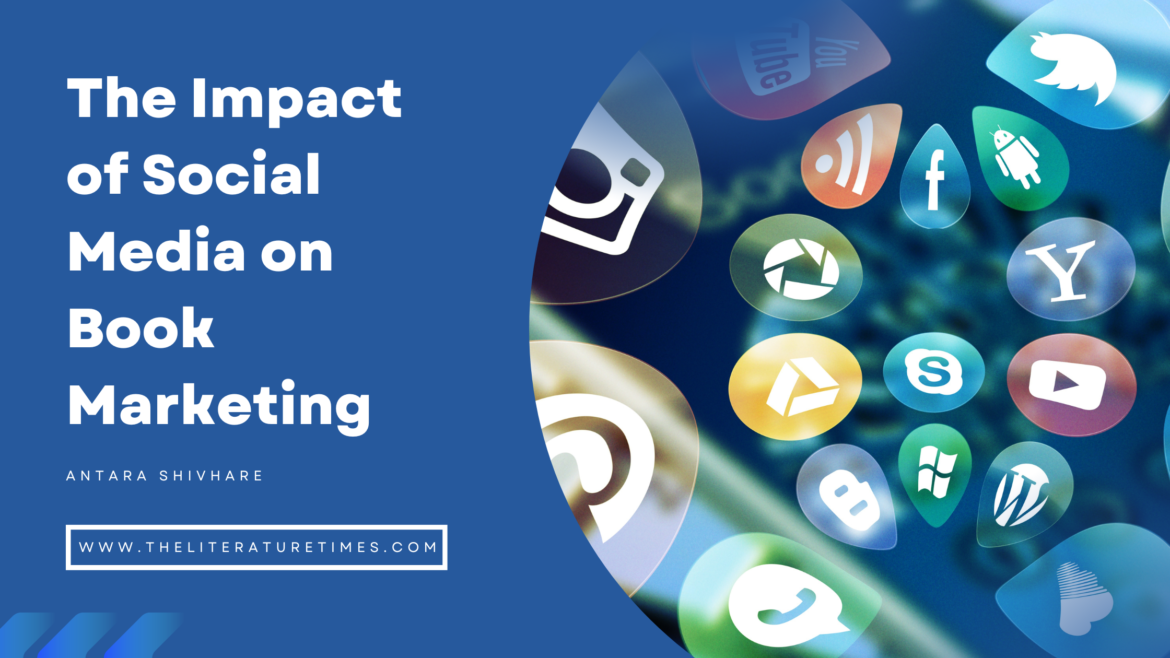Social media has had a significant impact on the way books are marketed and promoted. With the rise of digital platforms, publishers and authors can now reach potential readers in ways that were not possible before. In this article, we’ll explore the ways in which social media has transformed book marketing, from online promotion to author branding and influencer marketing.
One of the most significant changes in book marketing is the growth of influencer marketing. Social media influencers, particularly on Instagram and YouTube, have become incredibly powerful at promoting books to their followers. They can create engaging content that showcases the book, such as photos or videos, and reach a wide audience of potential readers. This has led to the growth of an entirely new category of bookstagrammers and booktubers who specialize in reviewing and promoting books to their followers.
Online promotion has also become a critical component of book marketing. Publishers and authors are leveraging social media to build their author branding and engage with their audience. By creating a strong online presence through consistent content creation and engagement, such as live Q&A sessions, behind-the-scenes glimpses, and book giveaways, authors and publishers can build a loyal following and generate interest in their upcoming releases.
Social media has also fostered the growth of online book communities, with platforms
like Goodreads, Bookstagram, and BookTube becoming hubs for book lovers to discuss and share their favorite books. Publishers and authors can tap into these communities to generate buzz and excitement for upcoming releases, as well as gain valuable
insights through social media analytics. By tracking engagement, authors and publishers can get a better sense of what their audience is interested in and adjust their marketing strategies accordingly.
Content creation is another critical component of social media marketing for books. Publishers and authors need to create engaging content that will capture their audience’s attention and encourage them to take action, whether it’s pre-ordering a
book or attending a virtual event. This can include teasers, trailers, excerpts, and even quizzes or polls that tie into the book’s themes. By creating compelling content, authors and publishers can stand out from the crowd and build anticipation for their upcoming releases.
Social media analytics have also become an essential tool in book marketing. By tracking metrics such as engagement rates, follower growth, and click-through rates, authors and publishers can gain valuable insights into their audience’s behavior and preferences. This data can inform their marketing strategies and help them create more effective campaigns that resonate with their target audience.
Overall, the impact of social media on book marketing has been enormous. It has opened up new channels for promotion and created a more direct line of communication between authors and readers. It has allowed publishers and authors to reach a wider audience and build a strong online presence, while also fostering a sense of community among book lovers. By embracing digital platforms and using them to create engaging, creative campaigns, authors and publishers can connect with readers in new and exciting ways.
In conclusion, social media has revolutionized the way books are marketed and promoted. By leveraging influencer marketing, online promotion, and content creation, publishers and authors can reach a wider audience and build a loyal following. Social media analytics also provide valuable insights that can inform marketing strategies and help create more effective campaigns. With the growth of online book communities and the ongoing evolution of social media, we can expect book marketing to continue to evolve and adapt to new trends and technologies.
Article By: Antara Shivhare



